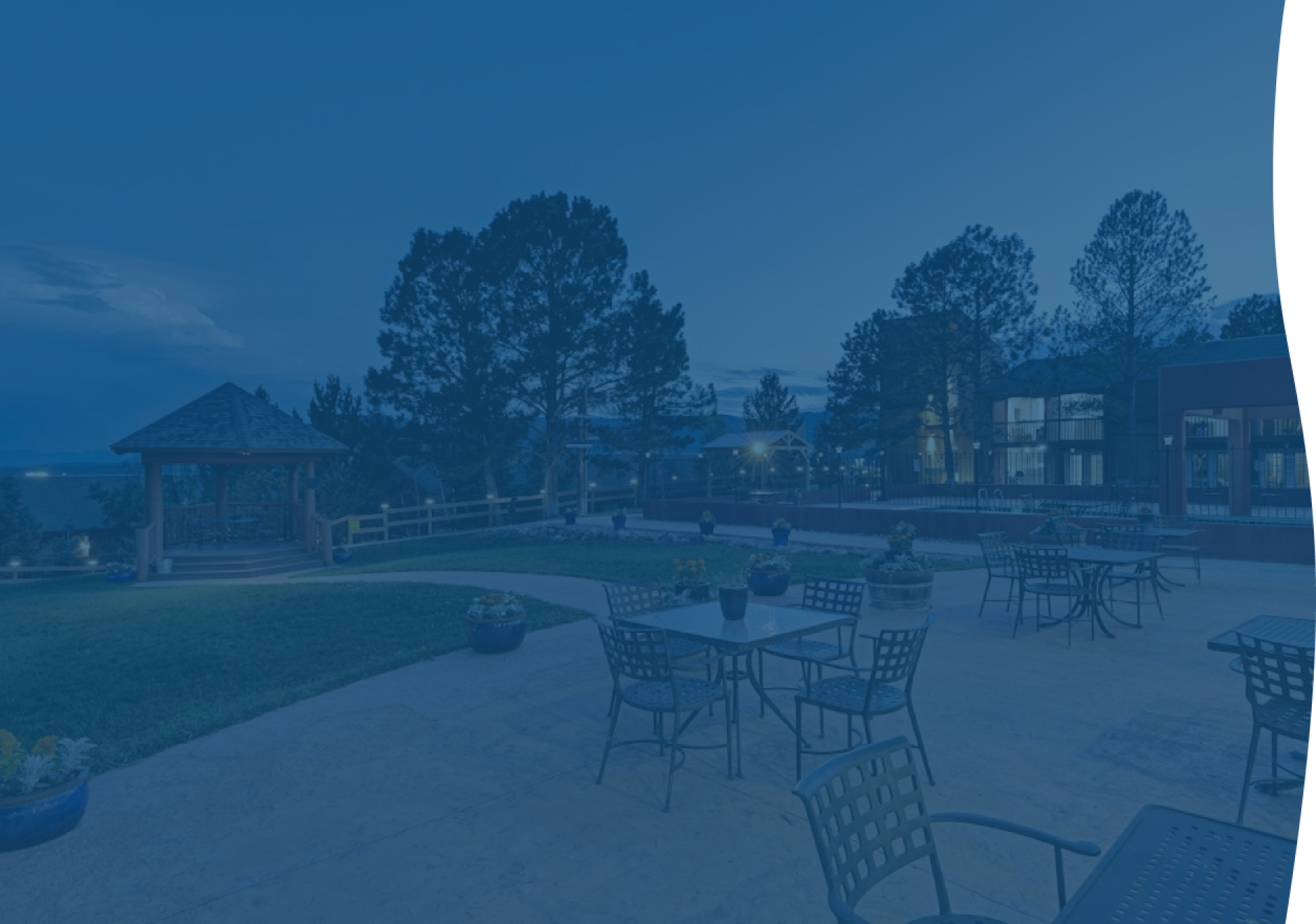Besides being surrounded by majestic nature and being home to Colorado State University, Fort Collins also has many breweries.
Medical and recreational marijuana are both legal in the Centennial State.
Opioids have made their way into Fort Collins and far beyond.
Drug overdose deaths were climbing in Colorado, but the COVID-19 pandemic threw fuel on the fire. Social isolation and limited resources (including less access to mental health and substance use disorder treatment) sent some people spiraling.
Even when subtracting COVID from the equation, only about 10% of people with a substance use disorder get specialized treatment. More than 40% of people with a SUD also have a mental health condition or co-occurring disorder. Only 48% of that number receive treatment for either. A holistic addiction treatment program in Fort Collins, CO, would be equipped to address either or both disorders, offering health-boosting and life-saving care.
The Colorado Department of Public Health and Environment said that 1,477 Coloradoans died from drug overdoses in 2020. That’s a 38% increase from 2019’s 1,072 deaths. (In Larimer County, 51 people fatally overdosed in 2019. In 2020, the number climbed to 57.)
Fentanyl, a super-potent synthetic opioid, has been a key driver of many of those deaths. Drug busts have yielded not only huge quantities of fentanyl but also methamphetamine, heroin, and cocaine.
Larimer County residents also like their drinks. One in four adults admitted to binge drinking in the past 30 days. Binge drinking is usually four drinks within about two hours for women; or five drinks for men.

Holistic Rehab in Fort Collins, CO
Addiction not only causes physical health problems but it’s also a mental disorder. Some would call it a spiritual issue, too. Twelve steps like Alcoholics Anonymous focus on the spiritual, but not everyone is a Christian or follows Christian principles.
Holistic addiction treatment centers in Fort Collins, CO, can provide care for people who use drugs or alcohol to cope with mental illness or spiritual turmoil.
Holistic care is also referred to as complementary and alternative medicine (CAM). If it’s complementary, that means it usually is used along with standard Western medical care. Alternative treatment means it’s used in place of standard medical care. In some cases, it’s used in an integrative manner, combining traditional and CAM approaches.
It’s a way to treat the whole—that’s actually what holistic means, in simplified terms: the whole rather than the parts. Holistic or CAM care typically will address the mental, physical, and spiritual. It can help conditions like pain, nausea, and stress or the side effects of cancer treatment.
Most holistic drug rehab centers in Fort Collins, CO, and surrounding areas will integrate holistic treatments into their care plans, but as a complement to the treatment, not to serve as the treatment itself. It’s used together with rather than in place of.
Categories of holistic or complementary care include nutritional, psychological, or physical treatment.
- Nutritional: Special diets, supplements, herbs, and/or probiotics
- Psychological: Meditation, hypnosis, music, relaxation therapies
- Physical: Acupuncture, massage.
- Combinations: psychological-physical could include yoga, Tai Chi, or art therapy. Psychological-nutritional might incorporate mindful eating.
Other approaches like Ayurvedic, traditional Chinese medicine, homeopathy, or naturopathy don’t easily fit into the above categories, but they are also used in holistic care.
How Holistic Treatment in Fort Collins, CO, Can Help
Research has found that there are some benefits to holistic approaches. These include:
- Acupuncture. This practice of traditional Chinese medicine involves very fine needles being inserted along specific points of the body. It is used for overall wellness but also to relieve discomfort and pain.
- Meditation. Meditation is mostly used for reducing stress and improving relaxation. During meditation, a person often works to focus on the now, perhaps concentrating on their breathing. Sometimes a person will focus on an image, sound, or chant a mantra. The goal is to simply be. Meditation can help with anxiety, depression, high blood pressure, insomnia, and more.
- Tai Chi. Tai Chi is sometimes described as meditation in motion. Practitioners practice slow, continuous movements and deep breathing. It can help with stress, anxiety, and depression; improve mood; increase overall well-being.
- Yoga. Yoga involves stretches and poses. It can improve strength and flexibility, ease pain, boost mood, and help with anxiety and stress.
A holistic addiction treatment center in Fort Collins, CO, would use these practices and more to help its patients recover from substance use disorders.
Components of Holistic Treatment in Fort Collins, CO
Holistic drug rehab in Fort Collins, CO, would include other components of Western medicine to complement the recovery process. Some features include:
Detox
Before a person is treated for addiction, they’ll often get holistic drug detox in Fort Collins, CO, or surrounding areas. Detoxification removes the drugs and alcohol from a person’s body. The process can be uncomfortable, with symptoms like anxiety, vomiting, and insomnia, so sometimes medication is administered to make the process more tolerable and safer. Detox is a key stage of recovery, but it’s not the only one.
Treatment
Once the patient is clean of drugs or alcohol, they can move on to therapy to address the underlying causes of addiction. That can include talk therapies, support groups, family therapy, and more. Holistic drug treatment centers in Fort Collins, CO, would also incorporate complementary treatments like yoga, meditation, or acupuncture to help the patient learn to better handle stress and triggers that might prompt them to relapse.
Aftercare
Recovery doesn’t stop the moment a person exits the rehab facility. Rather, it’s an ongoing and often lifelong process. As people prepare to leave the center, the staff will develop a roadmap of sorts to better help keep them on track. It’ll include follow-up messages or check-ins, sobriety support group meetings, and appointments with therapists, all of which can help maintain lasting sobriety.
Holistic recovery in Fort Collins, CO, can help a patient detox, understand the root causes of their addiction, and prepare them for avoiding relapse.
Sources
Medical disclaimer:
Sunshine Behavioral Health strives to help people who are facing substance abuse, addiction, mental health disorders, or a combination of these conditions. It does this by providing compassionate care and evidence-based content that addresses health, treatment, and recovery.
Licensed medical professionals review material we publish on our site. The material is not a substitute for qualified medical diagnoses, treatment, or advice. It should not be used to replace the suggestions of your personal physician or other health care professionals.








